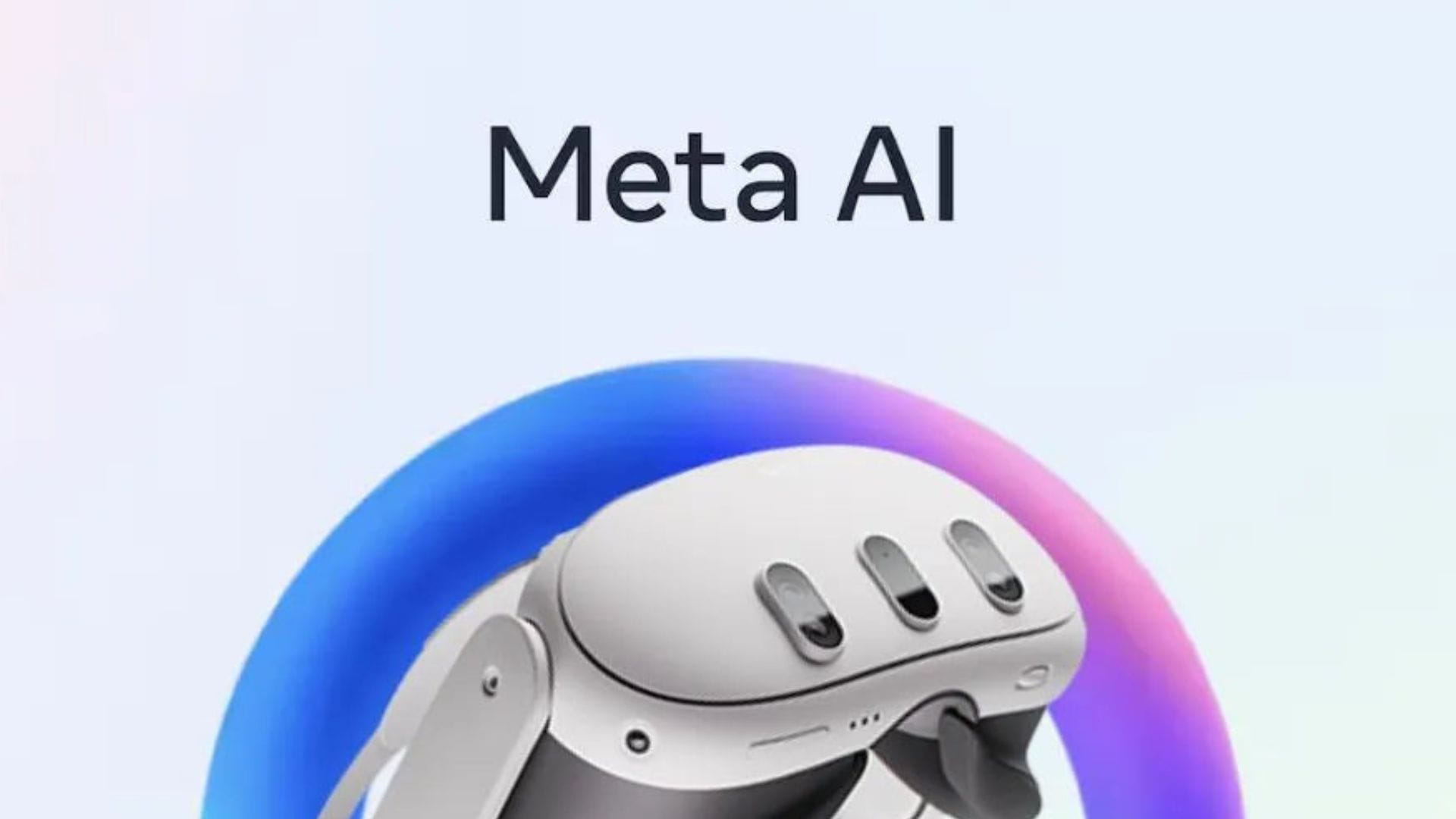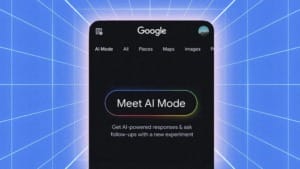Meta splits its AI department to speed up product development
Meta splits its AI team into two groups to boost product development and compete with leaders like OpenAI and Google.

Meta has greatly changed how it runs its artificial intelligence (AI) operations. On June 6, the company reportedly divided its AI team into two groups. This move will help Meta build and release AI products more quickly as the tech race with companies like OpenAI, Google, and Anthropic continues to heat up.
Table Of Content
According to a report from Axios, Meta’s AI staff will now work in either an AI Products team or an AGI Foundations unit. The company has not announced any job cuts linked to the restructuring, and it seems all current employees will stay on in one of the two new teams.
AI products team to focus on user-facing features
If you use Meta’s services like Facebook, Instagram or WhatsApp, the AI Products team will shape your experience. This group will focus on the tools and features you can see and use, such as chatbots or content recommendations. They’ll also be working on Meta’s new stand-alone AI app, which is still under development.
This team aims to turn AI ideas into valuable tools for you and other users. This move shows that Meta wants to put more effort into making its AI work better in everyday life. Whether you’re chatting with a friend, sharing a photo, or getting help from an AI assistant, the AI Products team will now be responsible for improving these features.
AGI Foundations team to focus on advanced research
While one team focuses on practical tools, the AGI (Artificial General Intelligence) Foundations unit will examine the bigger picture. This group will improve the behind-the-scenes core AI models, especially Meta’s Llama models. These models are at the heart of Meta’s generative AI efforts, and the team will be responsible for pushing them forward.
The AGI Foundations team is also expected to lead long-term projects that may not immediately affect Meta’s apps but are essential for staying ahead in the AI field. In short, they will handle the more complex and technical side of AI, ensuring Meta’s systems can grow and adapt over time.
Meta keeps pace with competitors
With rivals like OpenAI, Google, and Anthropic making headlines, Meta is taking steps to ensure it keeps up. In April, Meta hosted its LlamaCon event to showcase its AI tools and prove it can compete with the biggest names in the field. The event was designed to highlight Meta’s strengths in AI and give the public a closer look at its ongoing work.
Meta recently launched a programme called Llama for Startups in another move to stay competitive. This effort is aimed at helping early-stage companies build their own generative AI tools using Meta’s technology. By doing this, Meta hopes to expand the reach of its AI models while supporting the next wave of innovation.
So, what does this all mean for you? You’ll likely see new AI features popping up in Meta apps more often and quickly. And while much of the behind-the-scenes work might go unnoticed, the results could shape how you interact with technology in the future.
















